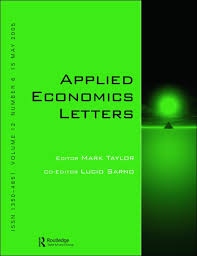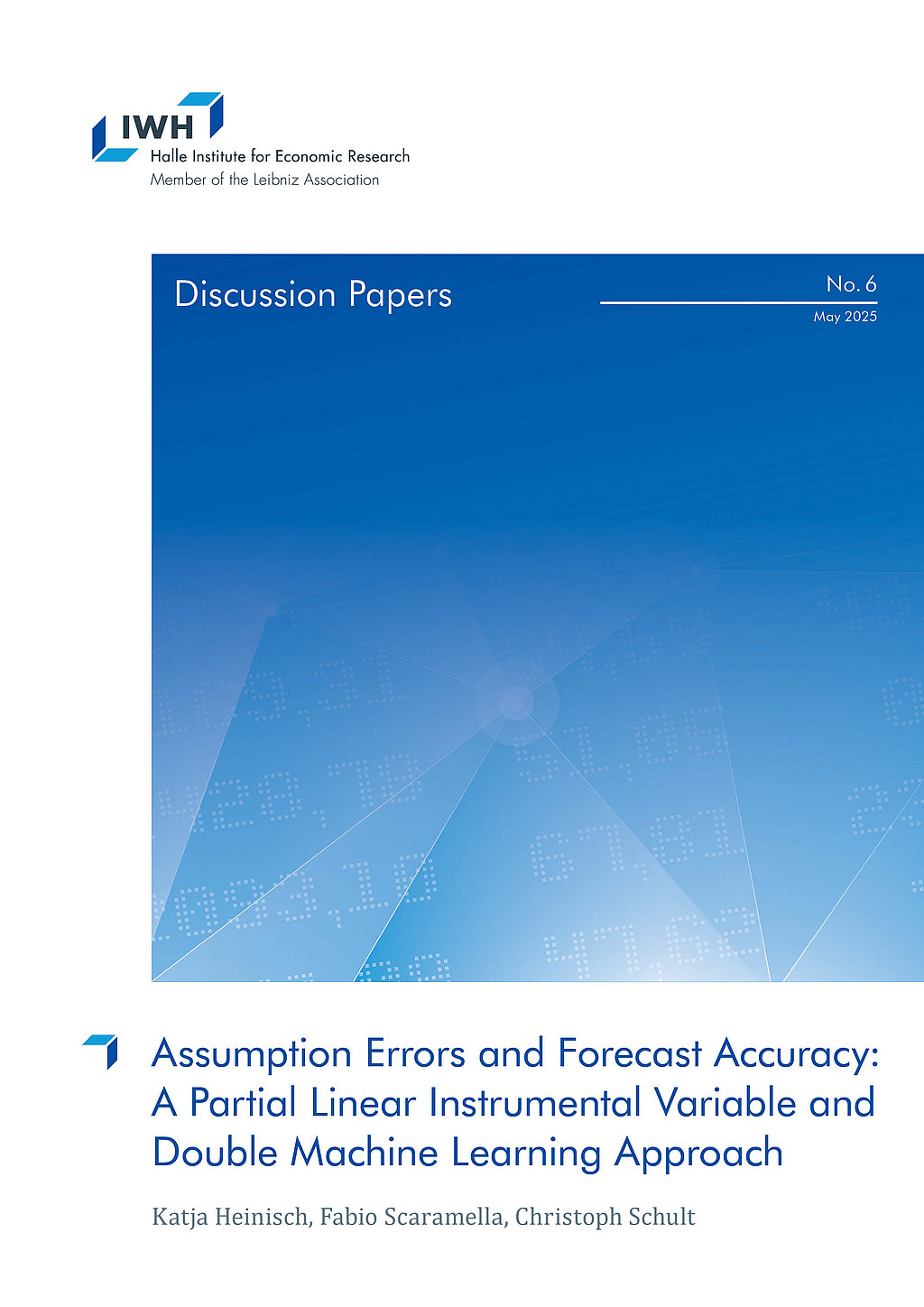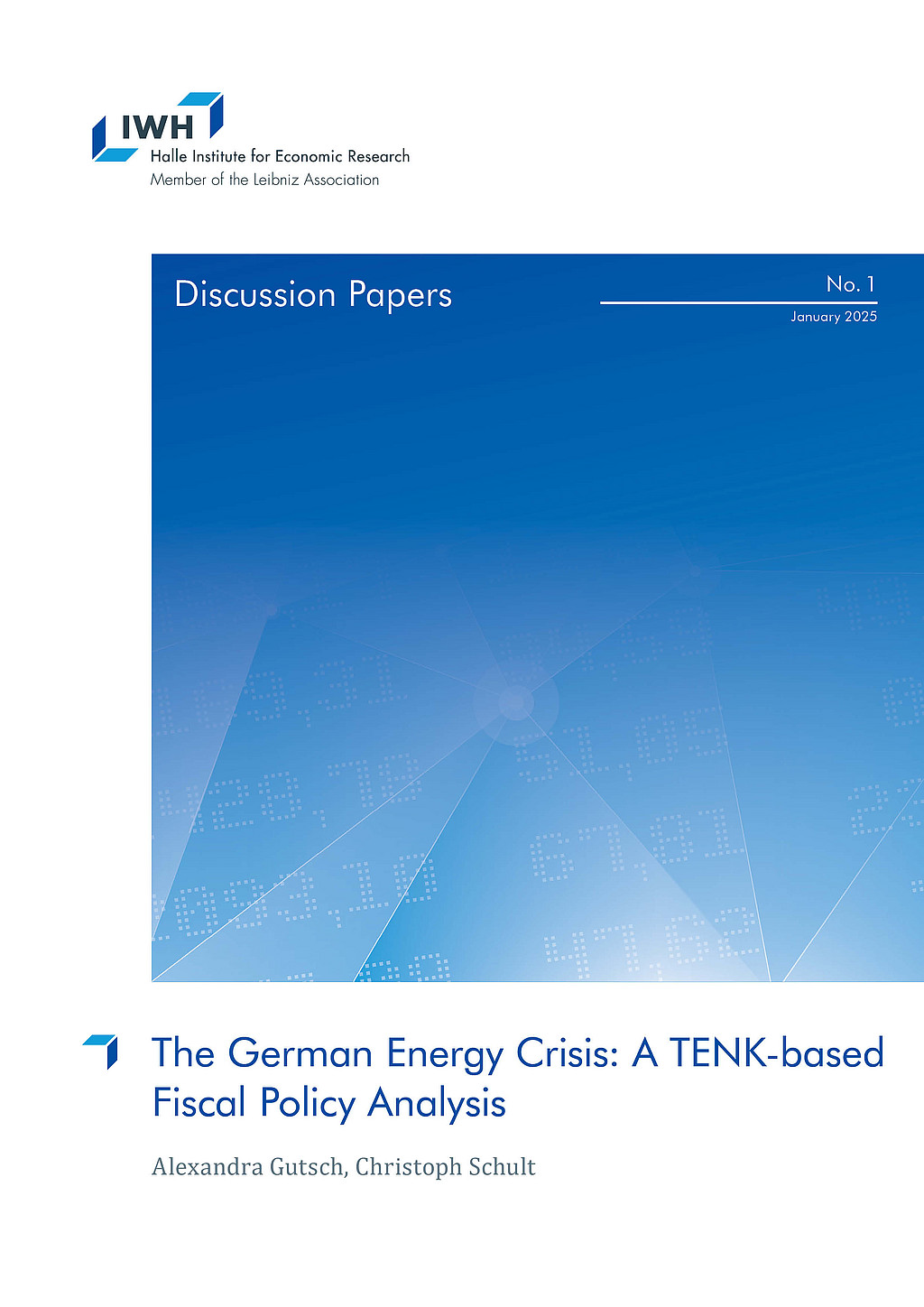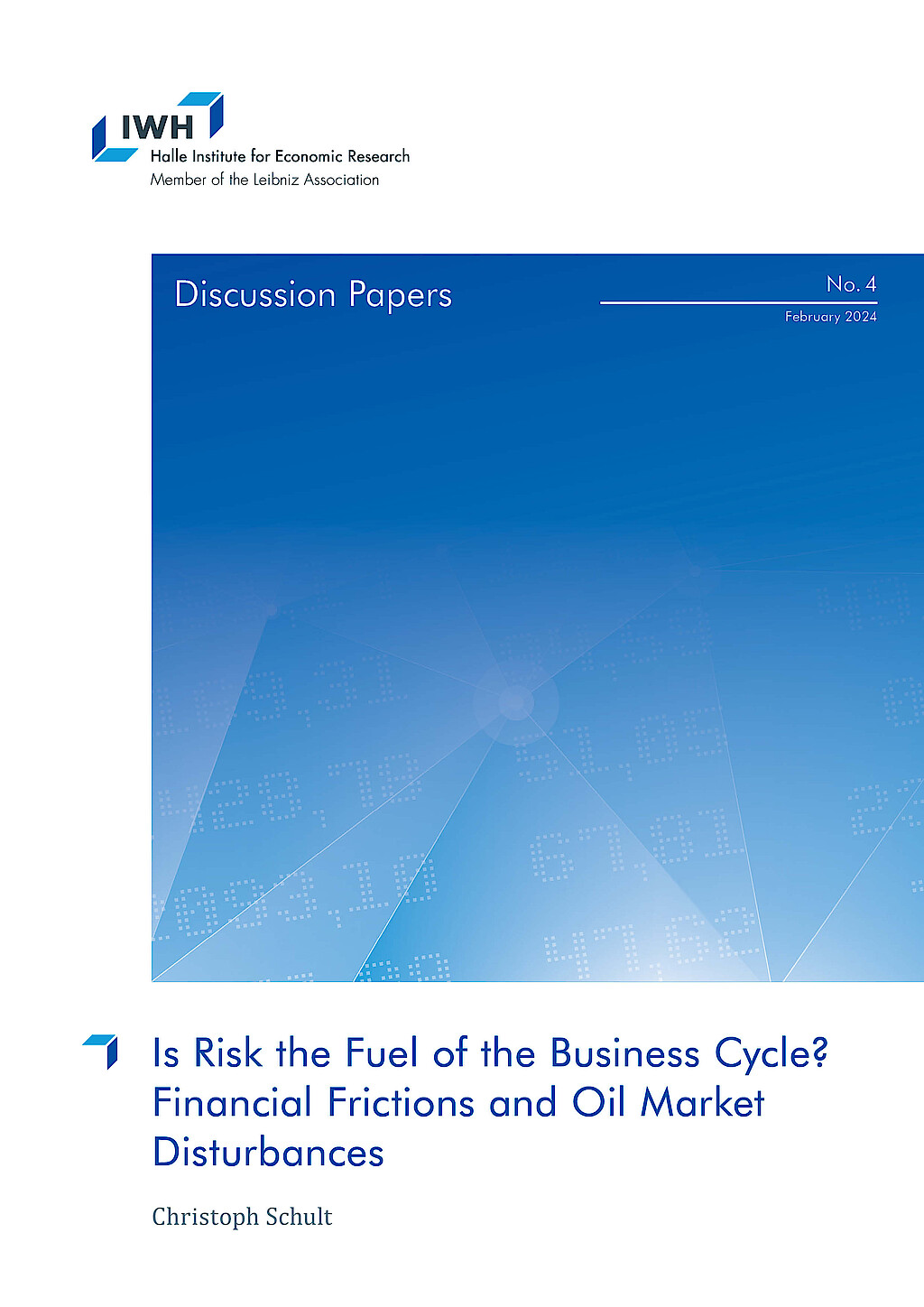Dr. Christoph Schult

Aktuelle Position
seit 7/16
Wissenschaftlicher Mitarbeiter der Abteilung Makroökonomik
Leibniz-Institut für Wirtschaftsforschung Halle (IWH)
Forschungsschwerpunkte
- dynamische Makroökonomie
- Energiemärkte
Christoph Schult ist seit Juli 2016 wissenschaftlicher Mitarbeiter in der Abteilung Makroökonomik. Er forscht zu den Themen dynamische Makroökonomie, Prognosen und Energiemärkte.
Christoph Schult studierte an der Martin-Luther-Universität Halle-Wittenberg und der Humboldt-Universität zu Berlin. Er promovierte 2021.









